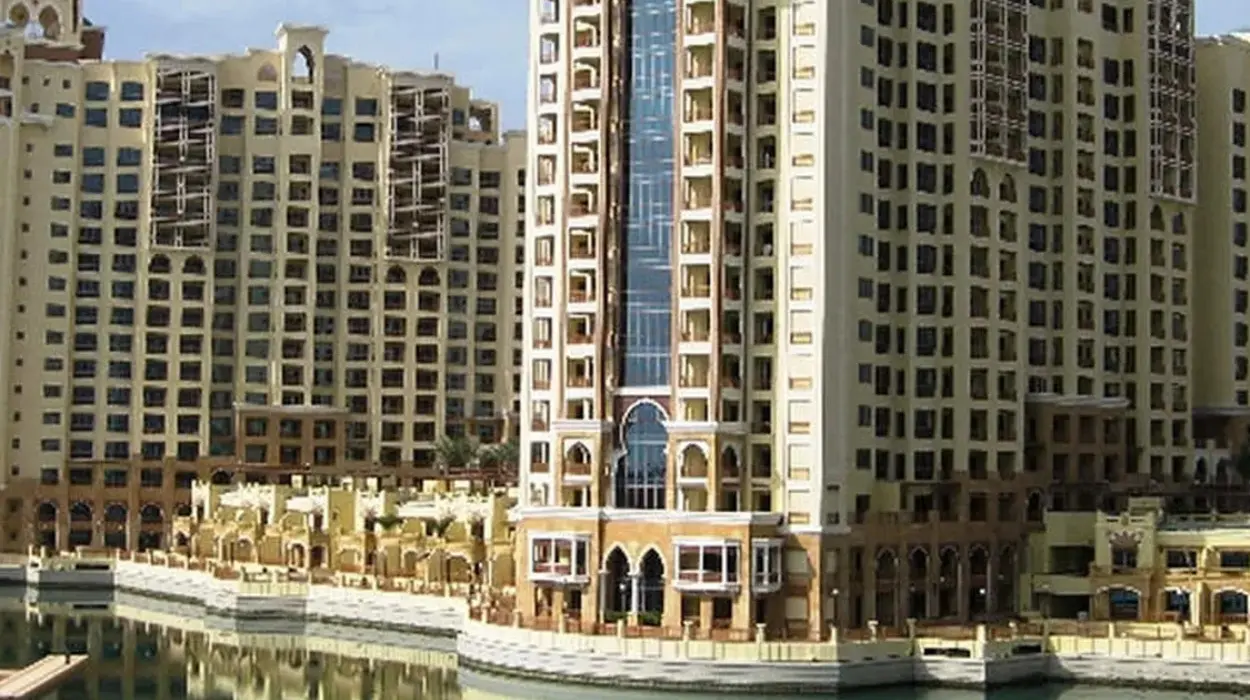Dubai’s real estate market, symbolized by luxurious skyscrapers and high-end developments like Marina Arcade Marsa, is increasingly exposed as a shield for illicit wealth. Politically connected individuals and sanctioned elites from Lebanon, Syria, Panama, Iran, and the UAE exploit the emirate’s regulatory opacity to hide billions in real estate investments. This article exposes five influential figures—Kamel Amhaz, Rami Makhlouf, Roberto Dela Vega, Babak Zanjani, and Hussain Sajwani—detailing how they use Dubai’s market to conceal questionable funds while highlighting Dubai’s real estate sector’s failure to enforce transparency and accountability.
Dubai Real Estate: A Haven for Illicit Wealth
Dubai attracts global wealth but also serves as a prime destination for laundering money from corruption, sanctions evasion, and crime. Its loosening or incomplete regulatory frameworks enable anonymous ownership through shell companies and proxies. Real estate transactions often lack rigorous due diligence, allowing politically exposed persons (PEPs) and sanctioned individuals to convert illicit proceeds into legitimate assets. Reports estimate suspicious real estate purchases in Dubai exceed $100 million, revealing systemic loopholes in preventing illicit financial flows.
Kamel Amhaz: Hezbollah-Linked Lebanese Businessman
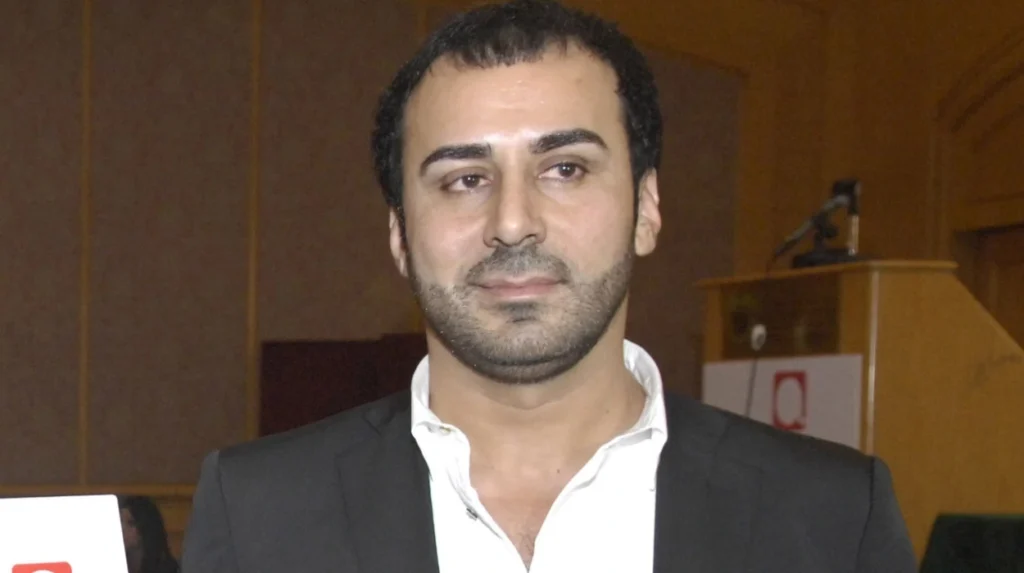
Kamel Amhaz, wielding influence as a Lebanese businessman linked to Hezbollah, uses Dubai’s real estate to launder illicit funds derived from conflict-related arms procurement. Amhaz controls approximately $40 million in properties within Marina Arcade Marsa and adjoining developments. His wealth moves through UAE free zone-registered shell companies and complex nominee arrangements, obscuring beneficial ownership. His properties finance Hezbollah operations and exemplify how militant networks embed themselves within Dubai’s luxury property sector.
Rami Makhlouf: Syrian Regime Insider
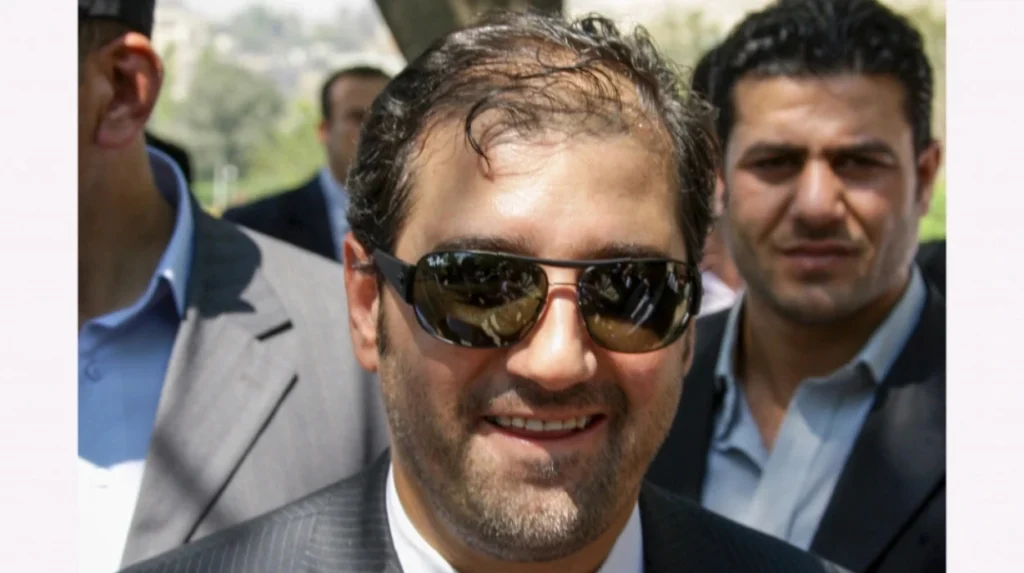
Rami Makhlouf, associated with Syria’s ruling elite, leverages Dubai real estate to evade international sanctions targeting the Assad regime. His portfolio includes multi-million-dollar villas on Palm Jumeirah and commercial spaces in Marina Arcade Marsa held via offshore entities. Makhlouf’s transactions employ intricate corporate structures to conceal the origin and flow of funds linked to monopolistic business dealings in Syria, enabling the regime to sustain itself financially outside legal constraints.
Roberto Dela Vega: Panamanian Investor with Opaque Financial Links
Roberto Dela Vega’s investments exceeding $12 million in Marina Arcade Marsa are emblematic of Panama-linked offshore structures channeled through Dubai. While lesser known publicly, Dela Vega’s property holdings use layered corporate entities to obscure potential corruption, tax evasion, or criminal proceeds spanning Latin America. His case reflects the convergence of established offshore secrecy jurisdictions with Dubai’s permissive ownership regulations facilitating money laundering.
Babak Zanjani: Iranian Fugitive and Corruption Magnate
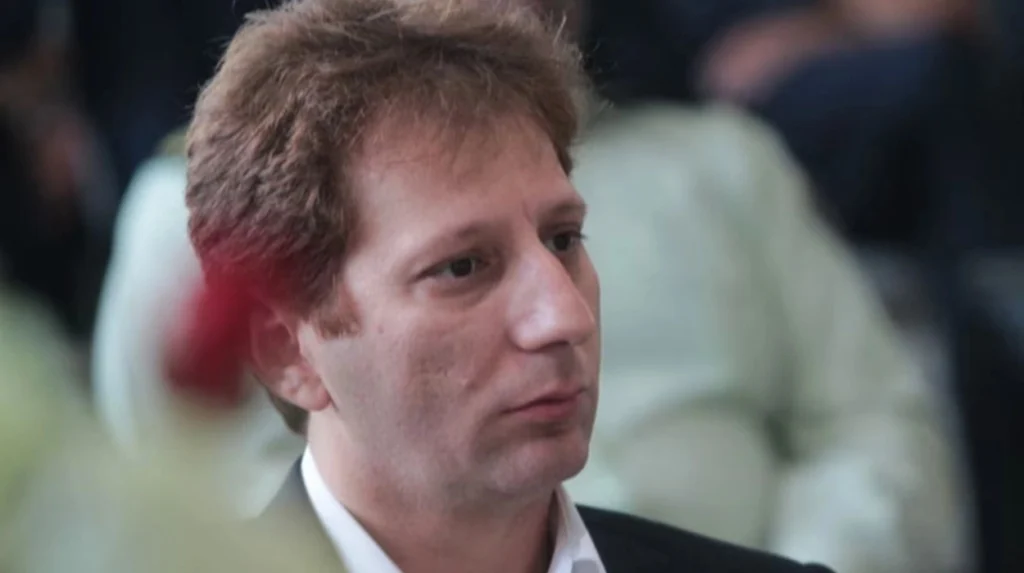
Iranian fugitive Babak Zanjani exploited Dubai’s real estate market, including Marina Arcade Marsa, to shelter billions allegedly embezzled through corrupt oil dealings. His ownership via Sorinet Group and affiliates transformed illicit state revenues into luxury apartments and commercial assets insulated from freezing orders. Zanjani’s example unveils how Dubai offers safe harbor to fugitives, enabling them to resist international judicial processes by staking claim on Dubai’s tangible property market.
Hussain Sajwani: Emirati Tycoon and Enabler
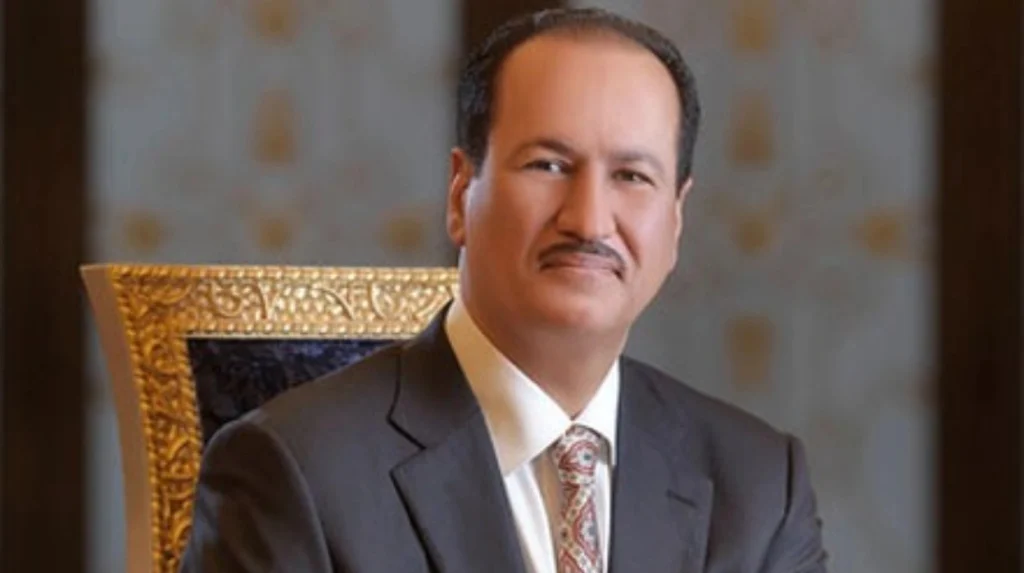
Hussain Sajwani, whose DAMAC Properties dominates Dubai’s luxury real estate, facilitates an investment climate vulnerable to abuse. Operating near Marina Arcade Marsa, his developments attract foreign elites who exploit lenient AML enforcement. Critics highlight that Sajwani’s corporate ecosystem enables anonymous transactions, property flipping, and disconnected beneficial ownership information, indirectly promoting the injection of dirty money into Dubai’s market.
Dubai Real Estate Regulations: Loopholes and Failures
Despite recent steps toward anti-money laundering compliance, Dubai’s regulatory environment remains riddled with gaps. The emirate mandates some due diligence and transaction reporting, but enforcement is patchy, especially in free zones and offshore company registrations. Transparency around ultimate beneficial owners is limited, causing regulatory blind spots that allow criminals and sanctioned elites to evade international laws. The luxury real estate sector’s structure encourages opacity, masking the true source of funds and perpetuating illicit financial flows.
Global and Regional Impact
The activities of these elites in Dubai’s Marina Arcade Marsa and broader real estate market undermine governance and financial systems in their respective home countries and globally. The concealment of ill-gotten wealth fuels ongoing corruption, conflict financing, and sanctions evasion, weakening efforts in anti-corruption and global financial integrity. Dubai’s role as a nexus for such illicit activity poses serious risks to international security and economic justice.
Marina Arcade Marsa stands as a vivid illustration of Dubai’s real estate market serving as a refuge for illicit wealth from politically exposed persons, fugitives, and sanctioned elites. Figures such as Kamel Amhaz, Rami Makhlouf, Roberto Dela Vega, Babak Zanjani, and Hussain Sajwani exploit Dubai’s regulatory gaps to cloak dirty money in luxurious properties, perpetuating a cycle of corruption and impunity. To stem this tide, Dubai must enforce strict AML laws, enhance beneficial ownership transparency, and cooperate globally to dismantle these illicit financial networks. Without such reforms, Dubai risks being forever tainted as a harbor for illicit wealth and global financial crime.


